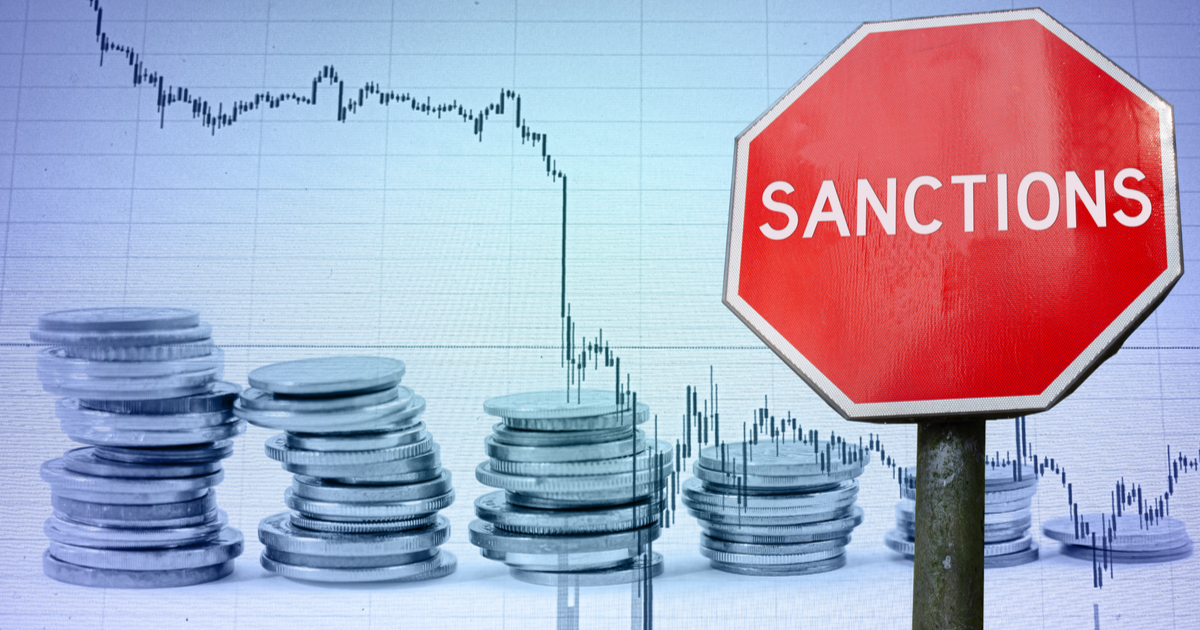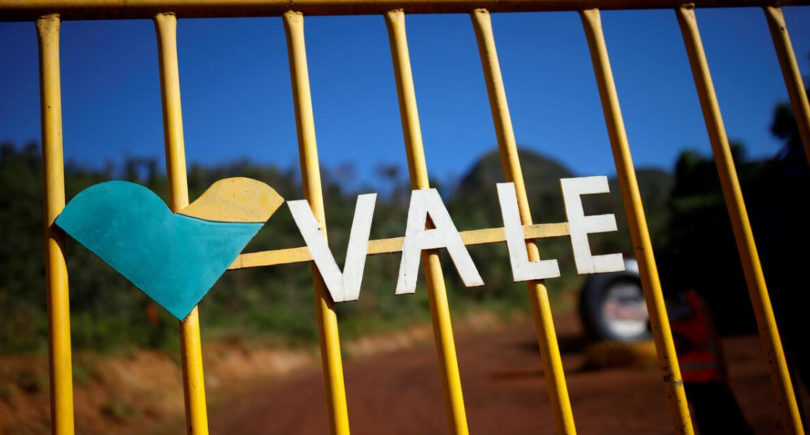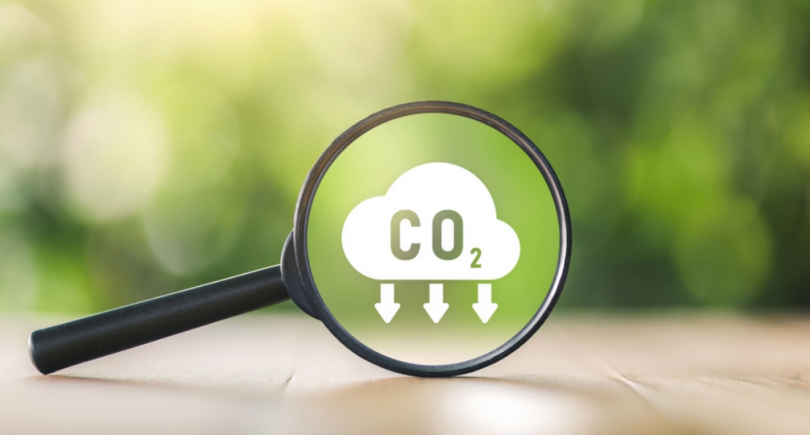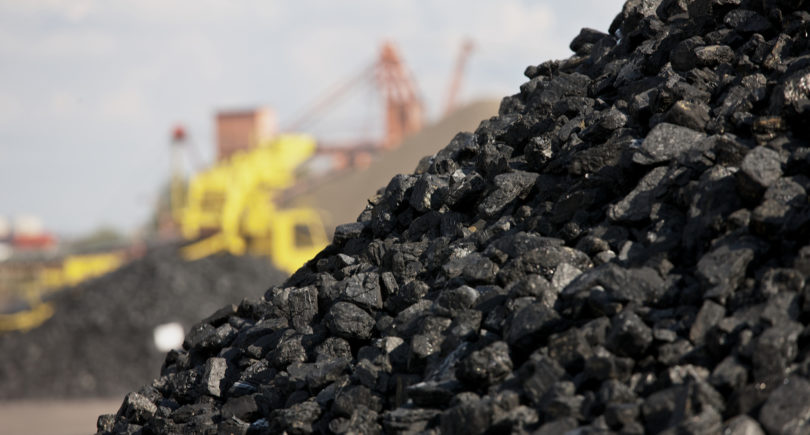
News Global Market санкції 375 02 July 2025
In addition to sanctions, this could be a public procurement policy
The European Union still has good reasons to remove Russian railway products from the market – through sanctions or other instruments. This opinion was expressed during the Fair Play conference dedicated to the introduction of additional sanctions against Russia by Natalia Sidoruk, GR Director of the Ukrainian industrial company Interpipe.
According to her, first of all, it is necessary to proceed from the fact that Russian manufacturers of railway wheels de facto provide logistics for the army of the aggressor country, since their largest consumer is the Russian railway.
Secondly, European and Ukrainian manufacturers can fully replace Russian products with their own spare capacity.
“At the same time, in order to stop the supply of Russian wheels, which, by the way, can threaten the safety of traffic on European railways, other instruments besides sanctions can be considered. For example, we are talking about public procurement,” Natalia Sydoruk emphasized.
She explained that, as part of Brussels’ policy to increase economic security, European manufacturers could be given priority in public procurement in EU countries, while Russian products would be banned. The GR director of Interpipe expressed hope that Ukrainian businesses would gain certain advantages in the formation of this new system.
According to Sydoruk, at the beginning of the full-scale war, Interpipe tried to initiate the introduction of European sanctions on Russian railway products.
“But this process turned out to be specific and complex, and there was a lack of coordination in Ukraine’s sanctions policy, so we were unable to convey our position on the importance of restrictions on Russian railway wheels, axles, and wheel sets,” she noted.
Therefore, the company welcomes the creation of a systematic sanctions policy in Ukraine, the basis and infrastructure of which will allow it to complete the work begun in 2022.
Interpipe increased its sales of railway products by 21% year-on-year – to 114,000 tons in 2024. 76,000 tons (+26% year-on-year) were shipped to the European market, and 17,000 tons (+13% year-on-year) to the Ukrainian market.




